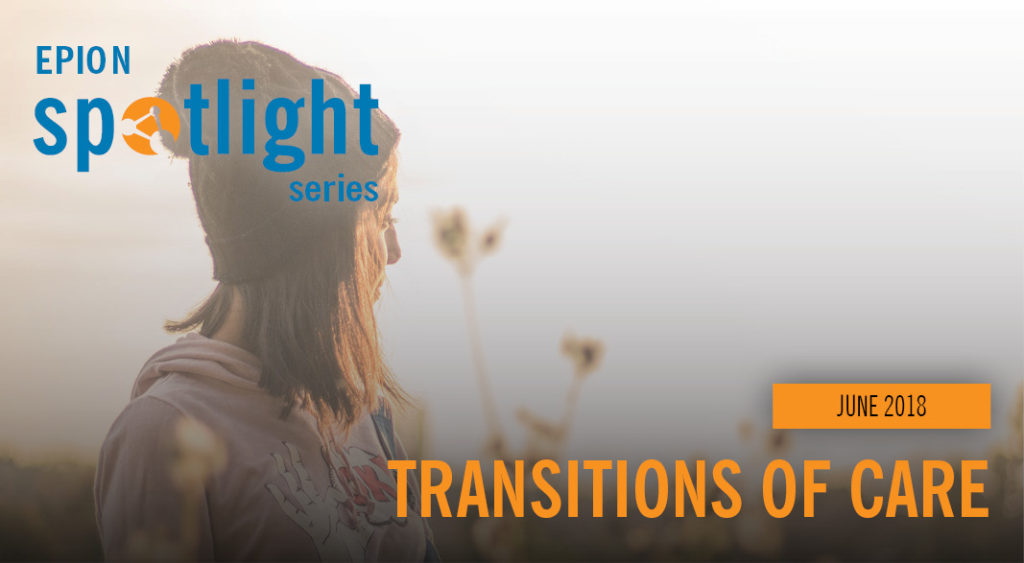News & Updates
EPION Spotlight on… Transitions of Care: Assessing Readiness for Transition at Cleghorn
Most early psychosis intervention (EPI) programs are time limited with the goal to increase client independence and functioning so that they can eventually reintegrate into the community. However, while it is accepted that early intervention services lead to better outcomes; questions remain regarding the optimal duration of EPI programs. Recent studies have suggested that the benefits may plateau after 2 years, but this timeline may not apply for all clients. This can make it difficult to determine when clients have met their treatment goals and when they are ready to be transitioned to more appropriate services.
At the Cleghorn Early Intervention Clinic in Hamilton, a new initiative has been underway, led by psychologist, Dr. Elmar Gardizi, which provides clients the opportunity to participate in objective assessments to measure several areas of functioning that are important for recovery in first episode psychosis. These areas include: psychotic symptoms, depression/anxiety, substance use, insight into illness, social stigma, and quality of life. Each client also completes cognitive screening, which provides a gross estimate of overall intellectual functioning (IQ) as well as information regarding specific cognitive strengths and weaknesses. The assessment is completed on an iPad, which appeals to younger clients, and takes less than one hour to complete. Each client completes the assessment at baseline, 6 months, and on a yearly basis after that. At the conclusion of the assessment, a ‘client profile’ is generated with cut-off scores to assist clinicians with interpretation. For clients who have been tested more than once, clinicians are able to assess for any major changes in their level of functioning as they progress through the program.
This project, which is funded by the Dr. Ian and Shirley Rowe Grant, has several clinical implications. On an individual level, information gathered from these assessments can be used to ensure that client’s treatment goals are being met and that they are being offered appropriate services to address their most pressing concerns. It can also be used to track client’s progress over time and to assist with transition decisions once they have achieved symptom remission and functional stability. On a broader scale, this project can inform policy decisions with respect to the allocation of limited healthcare resources. Specifically, most EPI programs offer treatment for no more than 2 years; however, determining whether treatment benefits are maintained beyond this time-frame, could favour extending the standard length these programs. Moreover, there is an increasing demand for psychosis interventions to begin focusing on modifiable treatment factors that are responsive to rehabilitation. This project is one of the few to examine modifiable predictors of recovery in an extended longitudinal design, which holds the promise of improving the quality of healthcare for individuals with first episode psychosis by guiding EPI programs in targeting treatment areas critical to recovery.
For more information about this initiative, please contact:
Brian Cooper, cooperb@stjosham.on.ca
Suggested reading:




